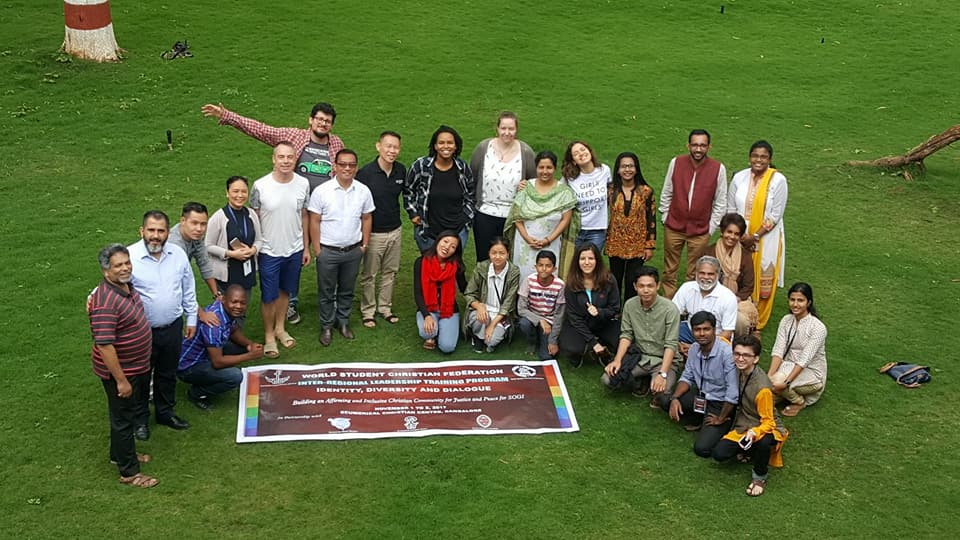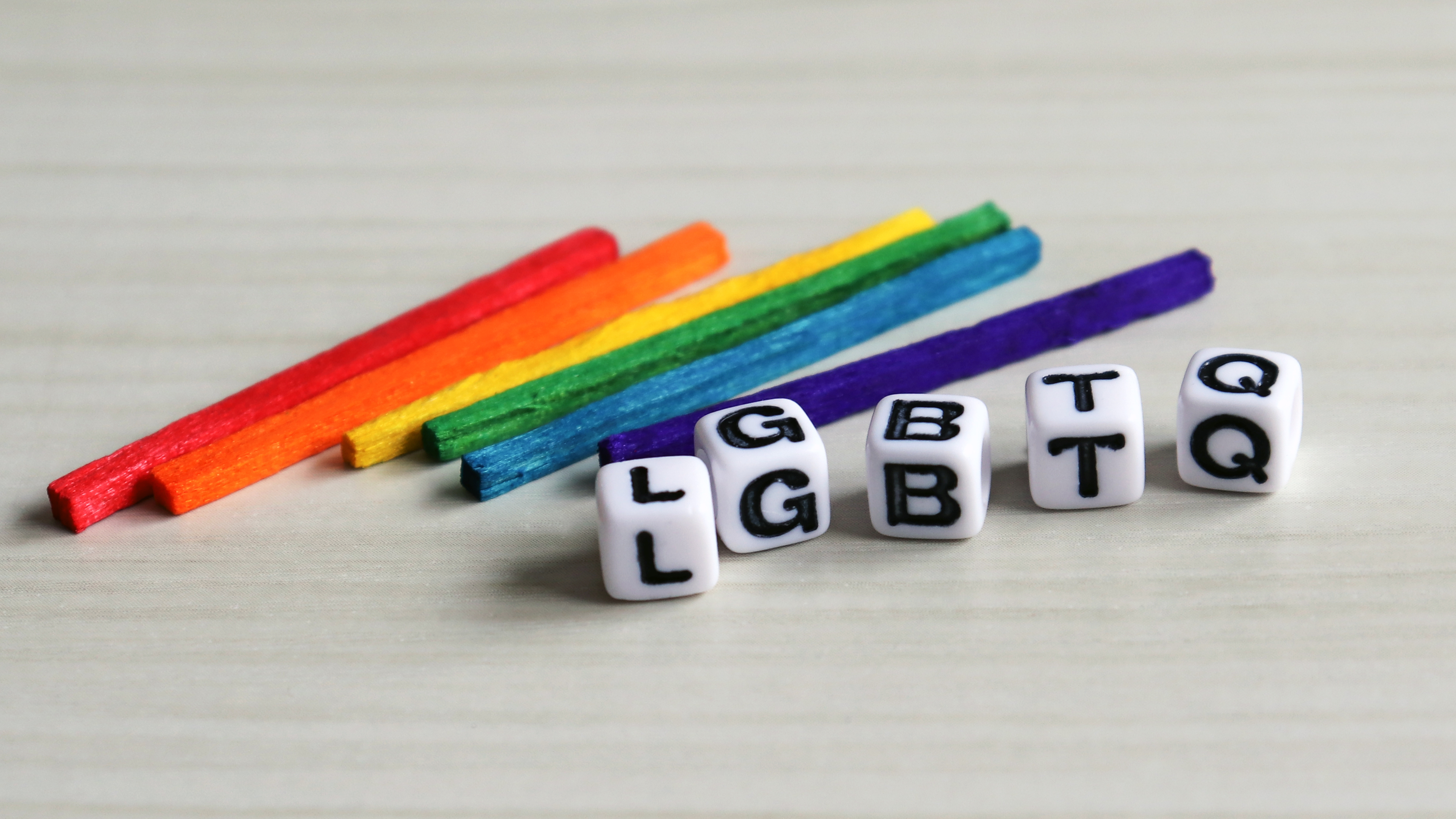The World Student Christian Federation (WSCF) recently held a major gathering focused on human sexuality and LGBTQ rights. More than 40 participants from around the world attended the Inter-Regional Leadership Training Program 2017 on Identity, Diversity and Dialogue, which took place from Nov. 1-5 in Bangalore, India.
Among those in attendance was Canadian representative for the WSCF North America regional section, Kiersten Jensen. Currently a Master’s of Social Work student at Carleton University, Jensen previously worked for four years at Trinity Anglican Church in Ottawa as parish administrator and director of child and young family ministries.
In 2014, Jensen travelled to Geneva, Switzerland to attend the first official dialogue on gender and sexuality held by the WSCF. An ecumenical organization with a strong focus on social justice issues, the WSCF is a highly diverse body with very different theological, political, and legal contexts facing Christian students in different regions.
“Prior to that, the WSCF didn’t have any official statement on LGBTQ issues,” Jensen recalled. “At that point, what we discovered is that we were in so many different spaces that we couldn’t even put out a statement on criminalizing LGBTQ people, because some people were in spaces where [in] their countries at the time, that could have been dangerous for them … if they were found to come out in support of LGBTQ people.”
In the intervening years, different regions had been doing work in their own ways related to LGBTQ issues.
As a result, the gathering in Bangalore to some degree had the character of a reunion—with many who had attended the Geneva conference returning to discuss how to move forward and provide education on LGBTQ issues, and what a queer theology might look like.
“That week in Geneva, everybody was working really hard together and was really invested in the WSCF and moving us forward as we could … It was really, really challenging, and so I wasn’t really sure what to expect here,” Jensen said.
“But it was amazing. It was a lot more affirming. It seems like everybody who was at this particular gathering was in a different space, and felt like they had a lot more ability to be open.”
Participants came from around the world. Besides India, countries of origin ranged from Malaysia to Malawai to Italy, as well as Canada and the United States.

The resulting conversations accordingly reflected the diversity of those in attendance. A number of participants were specialists in LGBTQ research. Other young people, though excited to learn, had little to no prior education on LGBTQ issues. For example, some were unaware of the difference between a gay person and a trans person.
While there was a common desire to move forward with an action plan on how the WSCF could help local movements engagement with their own faith communities on issues of LGBTQ justice, participants were frequently reminded that the needs of the LGBTQ community can vary greatly depending on context.
“Right here in Canada for example, marriage equality was a big thing,” Jensen said. “In another place, it might be refugee-related issues.
“In India, one of the big things is that trans women are often sex workers—and maybe some of them want to be sex workers, but most of them would like to have regular jobs. But they can’t, because there’s so much stigma. So that’s just recognizing that each individual place has different needs.”
A highlight of the event was when participants met with members of Sangama, a South Indian organization described by Jensen as “run by queer and trans people, for queer and trans people and sex workers in the region.” Sangama specializes in advocacy work and on-the-ground support work to ensure LGBTQ people and sex workers have basic needs met, while providing services such as teaching job training skills.
“It was really, really neat to get to hear … what LGBTQ justice issues look like for [the local community] and how they’re approaching their work,” Jensen said.
At the time of writing, volunteers with the WSCF were preparing an official statement on the gathering to identify how the WSCF can help students and young people engage with their communities on LGBTQ issues, start conversations, and develop initiatives suited to their local context.
Note: This article was edited on Jan. 18, 2017 to include reference to participants who specialize in LGBTQ research.
Interested in keeping up-to-date on news, opinion, events and resources from the Anglican Church of Canada? Sign up for our email alerts .

